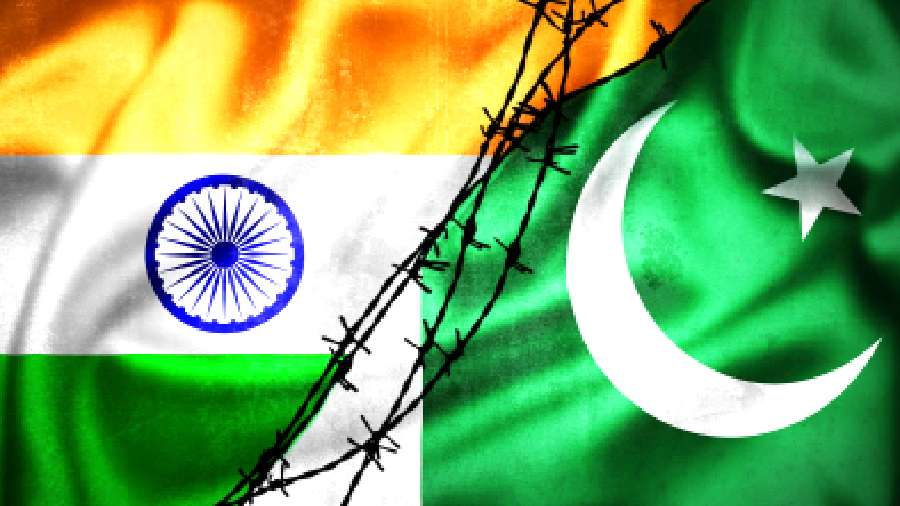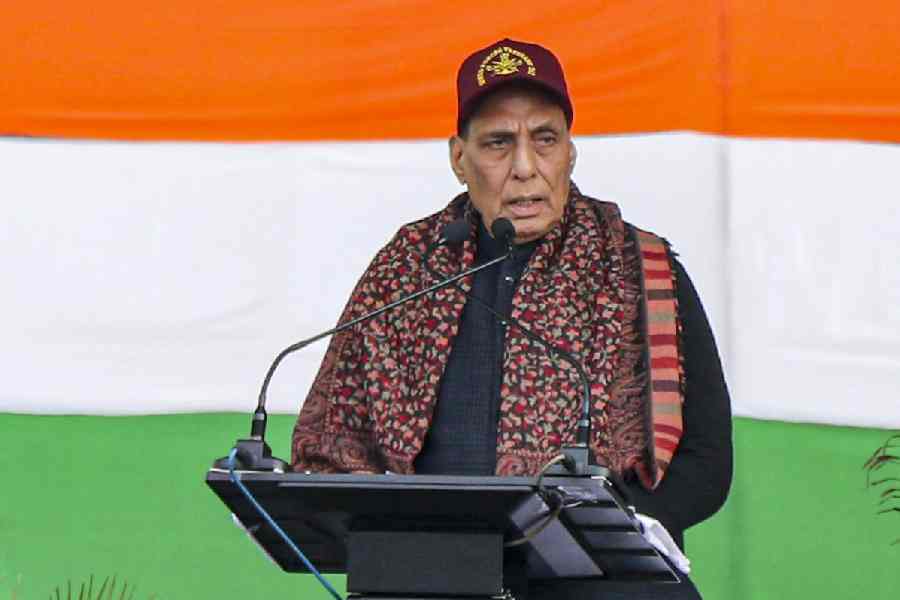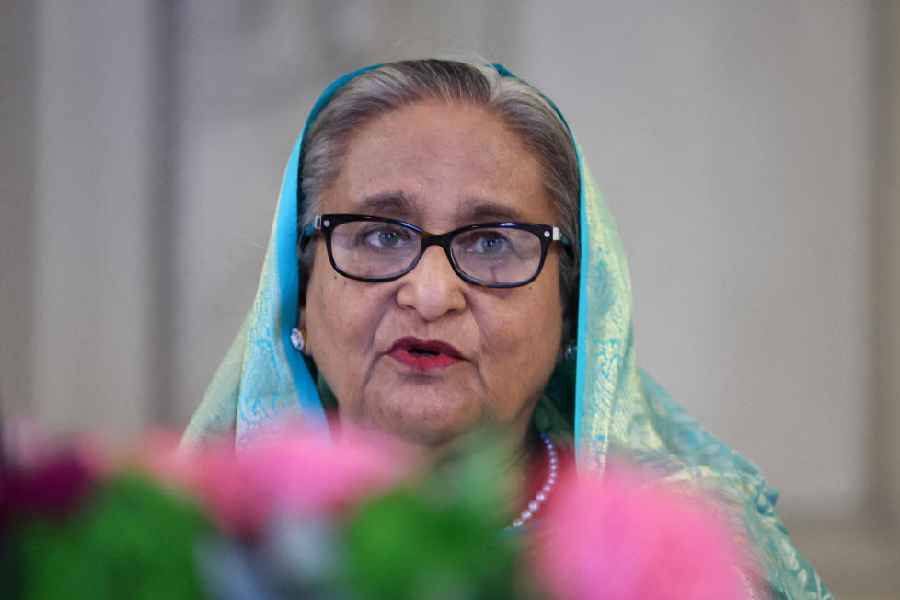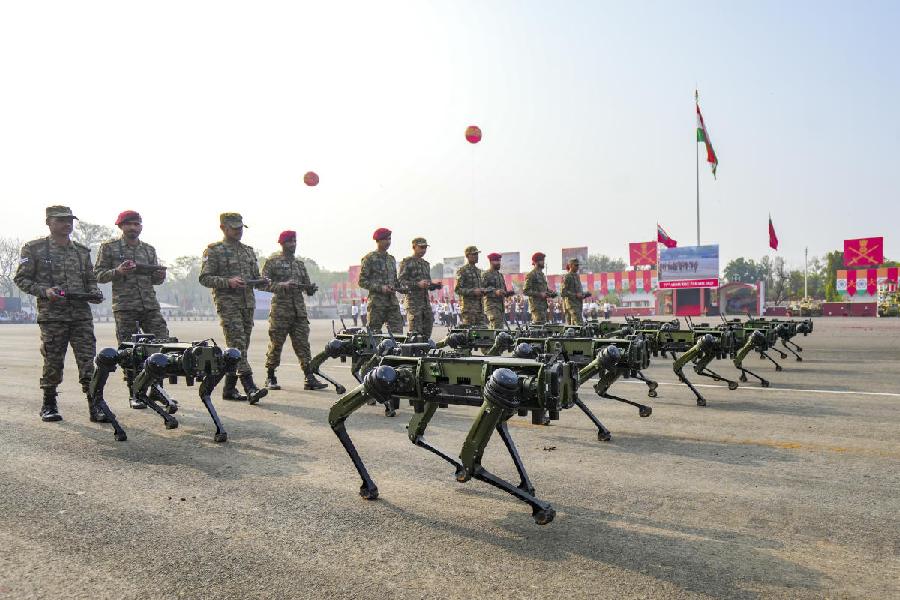Book: India's Pakistan Conundrum: Managing A Complex Relationship
Author: Sharat Sabharwal
Publisher: Routledge
Price: ₹1,295
The former US secretary of state, Madeleine Albright, once described Pakistan as a country that had everything to cause “an international migraine”. In the past seven decades, Pakistan has caused much more than a migraine for Indian prime ministers, from Jawaharlal Nehru to Narendra Modi, and thwarted all attempts to develop a cordial and cooperative relationship between the two countries.
The dispute over Jammu and Kashmir was said to be the raison d’être for Pakistan’s hostility towards India. Since J&K’s bifurcation in 2019, Pakistan seems to have lost that plank. But its aggressive attitude towards India remains unchanged.
There is a growing argument in the Indian Establishment to keep relations with Pakistan either at the minimum or to ignore it altogether. But Pakistan has nuclear weapons, terrorism, religious extremism, ethnic strife, corruption, and a warped political structure where the army looms larger than all the other institutions and has the last word on the policy towards India. Ignoring Pakistan will neither change the reality in India’s neighbourhood nor Pakistan’s behaviour towards India.
Sharat Sabharwal’s book comes at a time of significant changes in Pakistan. Massive public rallies and street protests are raising questions about the situation in Pakistan and the role of the army and its meddling in the functioning of the elected government. Many of the leaders who came to power with the army’s support are now at the forefront of these protests. The massive gatherings are questioning the Establishment’s narrative and searching for answers on how to get the country out of the rut.
Sabharwal, who spent eight years in two separate postings in that country, says that the national debate in Pakistan, including the discussion on its relations with India, has been more introspective in recent years. He has sketched out the various facets of Pakistan — negative and positive — while he was there. During his two postings, he witnessed several crucial developments in Pakistan, from the nuclear tests to the Lahore peace bus initiative, from the Kargil conflict to the Kandahar hijacking, as well as the tense bilateral relations after the Mumbai terrorist attack. This book makes a valuable contribution in helping readers understand the internal dynamics in that country — the ethnic strife, religious extremism, the civil-army relations, and the use of religion by all the actors. It also tries to explain Pakistan’s hostility towards India.
Sabharwal suggests tough measures to deal with Pakistan’s attempt to threaten India’s security. But he also advocates the use of trade and investment to create economic stakes to change Pakistan’s behaviour towards India.
Many may find the author’s optimism about Pakistan’s future a little difficult to share. But his sound logic of engaging India’s most difficult neighbour cannot be dismissed. Irrespective of where one stands in the ongoing debate, the book is a must for all those who want a better understanding of the complexities that make Pakistan and its attitude towards India.











